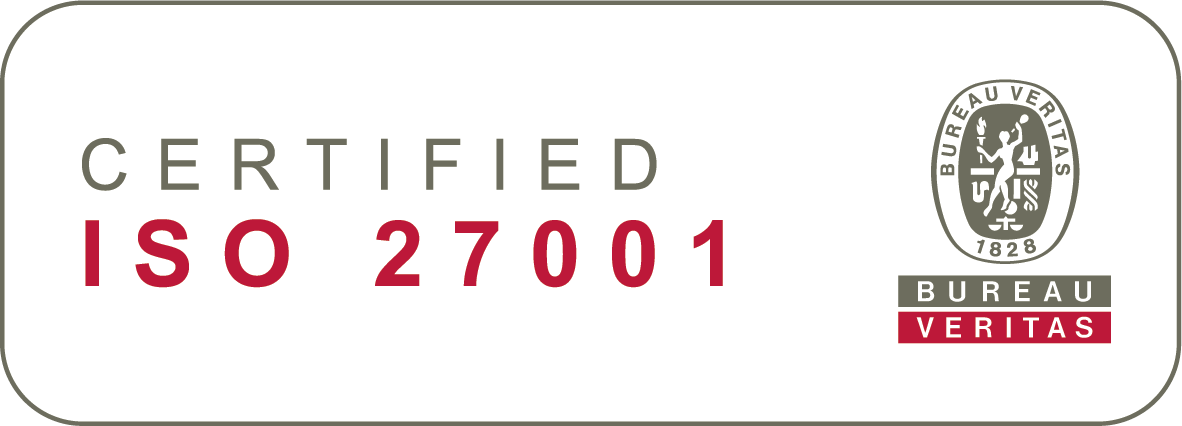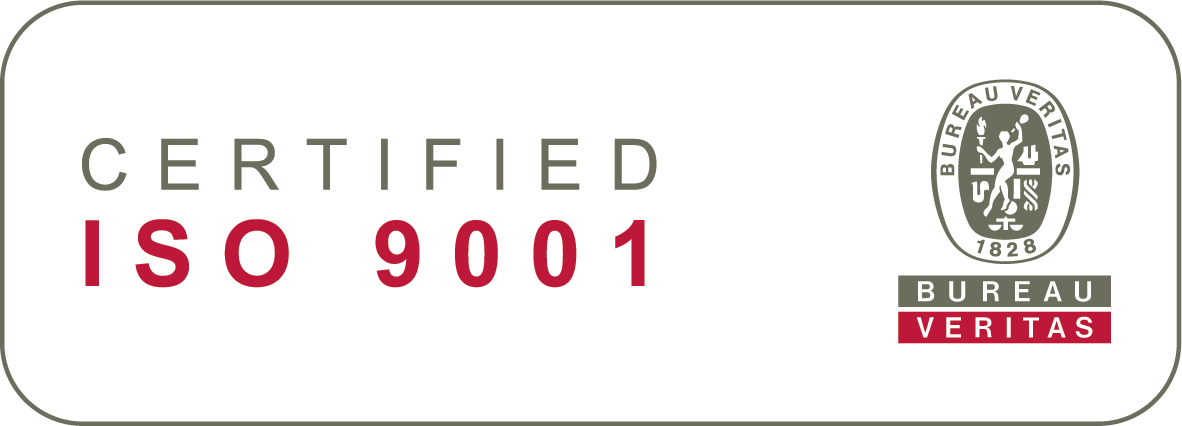Officially in effect since December 2021, the EU Whistleblowing Directive has brought significant changes to the way companies operating within Europe handle whistleblowing. It’s crucial HR teams not only understand these new regulations, but also implement practical steps to ensure full compliance. Let’s dive into Directive and outline some actionable steps your HR team can follow.
Who does the EU Whistleblowing Directive affect?
- Private Sector: All private sector entities with 50 or more employees must comply across all industries.
- Public Sector: The Directive also applies to public sector entities, irrespective of their size, except for municipalities with fewer than 10,000 inhabitants or those employing fewer than 50 workers.
- Subsidiaries and Suppliers: The Directive may also affect subsidiaries and suppliers of larger corporations, especially if they are part of the supply chain of an organisation required to comply.
How can your HR team support compliance?
Policy development and revision
While the Directive itself is wide-ranging, it makes sense to tailor whistleblowing policies to fit the size and nature of your business. Even so, ensure your policies comply with both the Directive and local laws, and make these policies easily accessible for all employees.
Establishing robust reporting channels
Set up internal reporting channels that guarantee confidentiality and anonymity - consider using specialised tools like WhitsleLink for reporting and managing complaints. You can also consider provide information on how employees can report to external bodies if they prefer.
Extensive protection measures
Clearly support those that undertake whistleblowing by outlining and enforcing policies against retaliation. You can also consider establishing support mechanisms for whistleblowers, including counselling and legal aid if necessary.
Communication, training, and awareness
Make regular internal awareness campaigns about the importance of whistleblowing a part of your ongoing internal comms. Also provide training for employees on how to report issues, and manager training for handling these reports.
Record-keeping and data protection
Ensure you keep detailed records of all reports received, actions taken, and their outcomes, while strictly adhering to GDPR and other relevant data protection regulations.
Periodic audits and continuous improvement
Conduct regular audits to assess the effectiveness of your whistleblowing procedures as part of a feedback loop to continuously improve the whistleblowing process.
Legal and regulatory watch
Keep on top of changes in legislation and best practices in whistleblowing policies – regular consultation with legal experts will help you ensure ongoing compliance.
Finally…
Adhering to the EU Whistleblowing Directive is not just about legal conformity; it's about cultivating a culture of integrity and transparency. For HR teams in Europe, the challenge lies in effectively implementing these regulations in a manner that fits their organisational make up, processes, and context. By following these practical steps, companies can ensure compliance, protect their employees, and foster a more ethical workplace environment.
Which EU directives matter for HR?
Swathes of EU legislation are coming into effect in many EU member states. From compliance to competitive advantage, we've identified the key focus areas for HR professionals looking to connect people with strategy.


